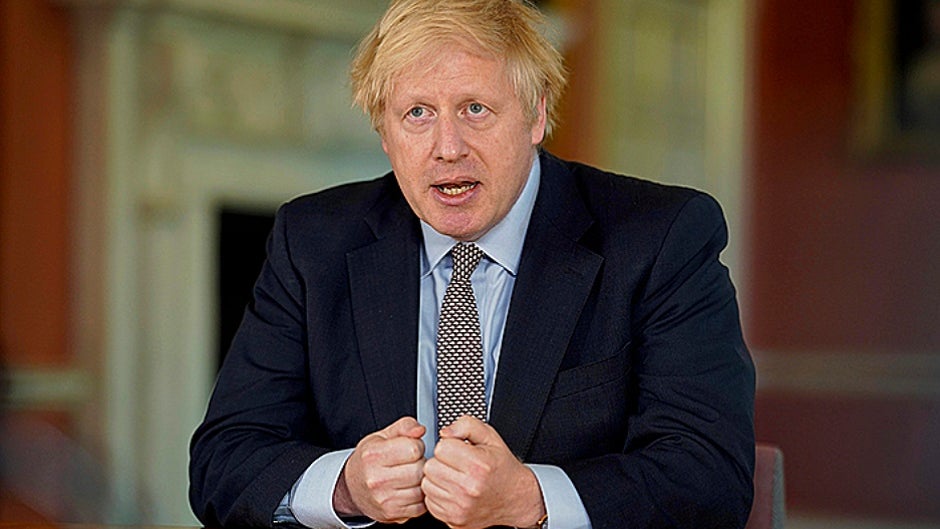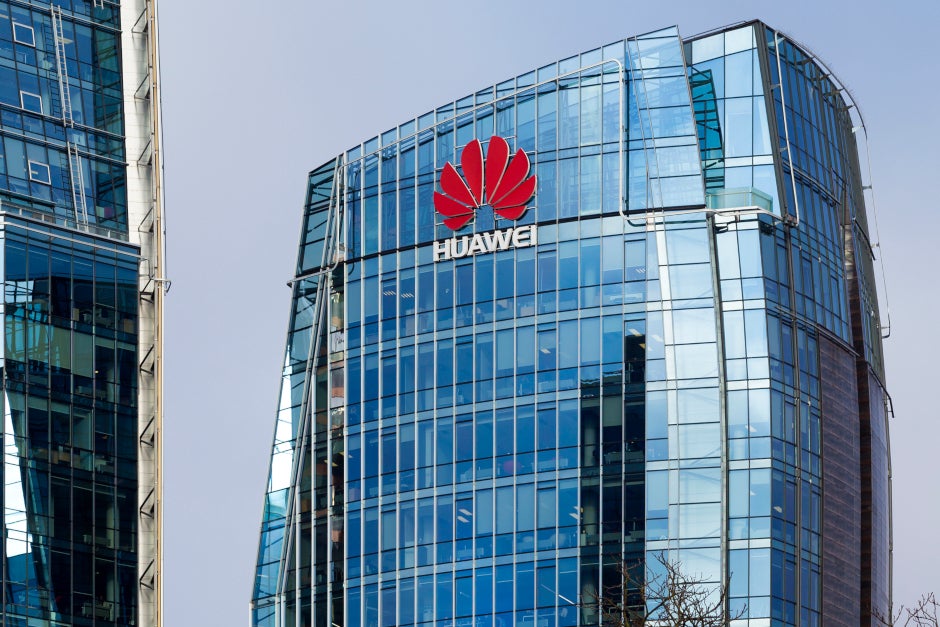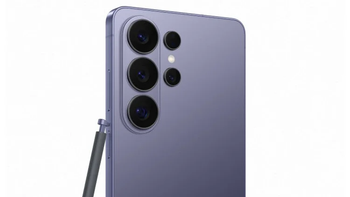Britain seeks to form a "D10" to help find alternative 5G suppliers to Huawei

Even though the U.S. warned its allies last year not to use Huawei networking equipment for their 5G networks, Britain was one of the countries that did not heed the warning. After struggling to make a decision, at the beginning of this year Prime Minister Boris Johnson felt that he had no alternative and decided to allow Huawei's equipment to be used in the country's 5G networks. Seeking to be careful, however, Johnson said that the equipment would not be allowed to make up more than 35% of Britain's 5G infrastructure and would not be allowed near "sensitive functions such as military or nuclear sites.
Britain wants to create a "D10" to find alternate 5G equipment suppliers to Huawei
Johnson might have felt that he had no alternative because Huawei is considered to be as much as a year and a half ahead technology-wise than its closest rivals. And Huawei also offers generous financing terms. But recently it would seem that the Prime Minister has had a change of heart and is looking to put together a group comprised of 10 democracies that would unite to find alternate suppliers of 5G gear and other technologies instead of relying on China.

Huawei is considered a national security threat in the U.S.
According to the Times (via Reuters), the British government has brought a plan to the U.S. that would create a "D10" consisting of 10 Democratic countries. The alliance would be made up of G7 members including the U.S., the U.K., Canada, France, Germany, Italy and Japan, along with Australia, South Korea and India. This group would look for other suppliers outside of China to provide networking gear for the D10's 5G networks. Huawei is the global leader in providing networking equipment although other companies compete with the Chinese manufacturer. Finland's Nokia and Sweden's Ericsson are two possibilities. One government source told The Times, "We need new entrants to the market. That was the reason we ended up having to go along with Huawei at the time." A spokesman for the British government said, "We set out in January that we were seeking new entrants into the market in order to diversify, and that is something we have been speaking with our allies about including the United States."
Earlier this year, U.S. Attorney General William Barr floated a plan that would have the U.S. purchase controlling interest in Nokia. This would be a complex transaction that might not even be legal, so the plan was dropped. As White House economic adviser Lawrence Kudlow said, "U.S. government is not in the business of buying companies, whether they’re domestic or foreign." Kudlow also discussed in February the possibility of using U.S. companies to develop cloud-based software that would replace some of Huawei's hardware. Kudlow said such American as apple pie companies like Microsoft Corp., Dell Inc., and AT&T Inc. would be involved. He added that "The big-picture concept is to have all of the U.S. 5G architecture and infrastructure done by American firms, principally. That also could include Nokia and Ericsson because they have big U.S. presences."
Britain now seems as desperate to replace Huawei as a supplier for its 5G networks as the U.S. has been. Last year, the Trump administration reportedly approached U.S. networking firms Cisco and Oracle about creating parts for 5G networks. Both companies turned down the request stating that it would take too much time and money.
Right now, Britain is said to be analyzing the impact that the latest U.S. sanctions on Huawei might have. Two weeks ago, the U.S. Commerce Department changed an export rule that requires foundries to obtain a license from the U.S. to supply chips to Huawei. Chips made from wafers in production at the time of the rule change can still be shipped to Huawei as long as they are delivered to the company no later than mid-September.
Prime Minister Johnson has said that he wants China to have nothing to do with Britain's telecom networks, including its 5G networks, by 2023. Huawei is considered to be a national security threat in the U.S. because of its perceived ties to the communist Chinese government.
Follow us on Google News













Things that are NOT allowed:
To help keep our community safe and free from spam, we apply temporary limits to newly created accounts: